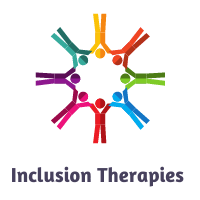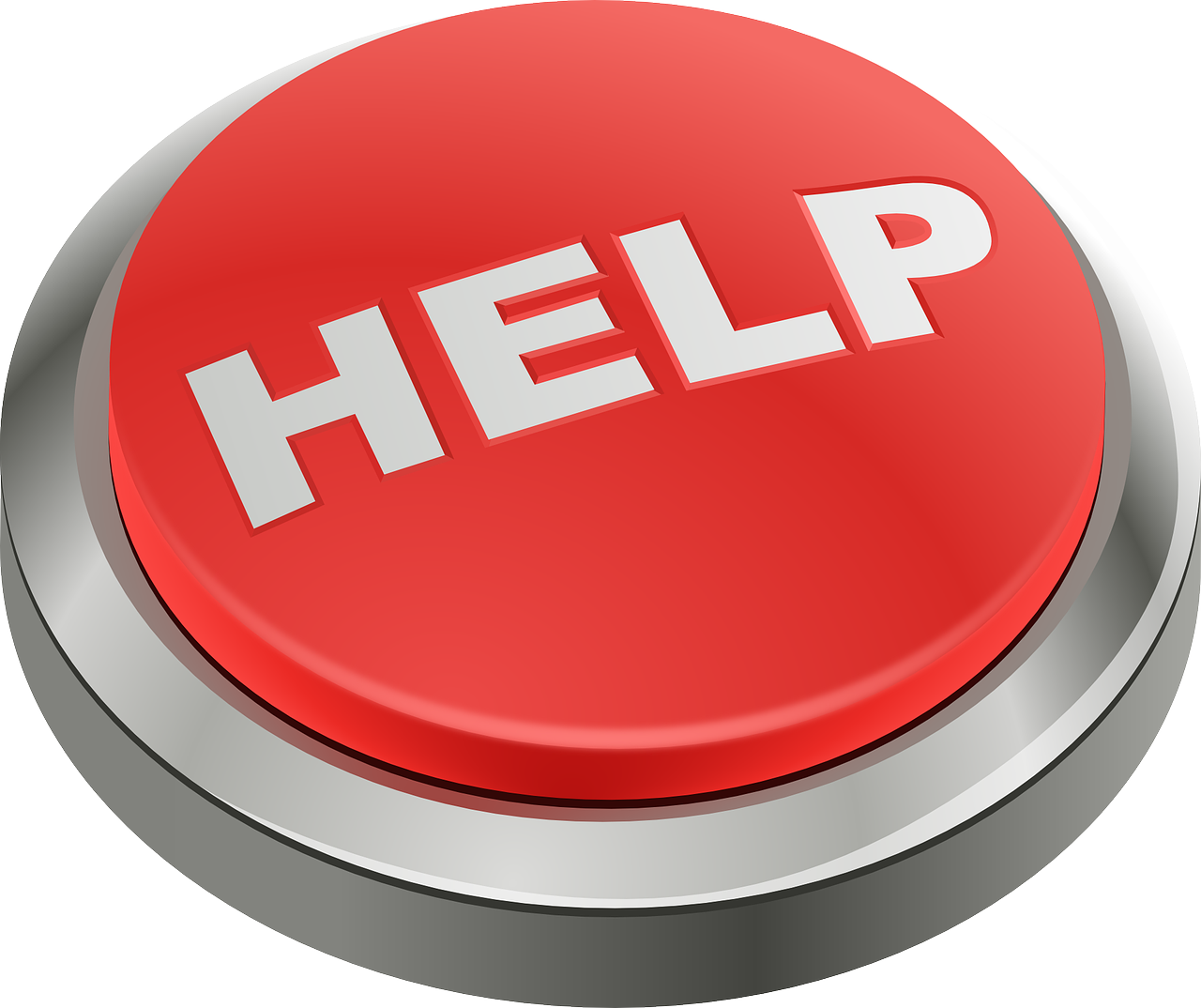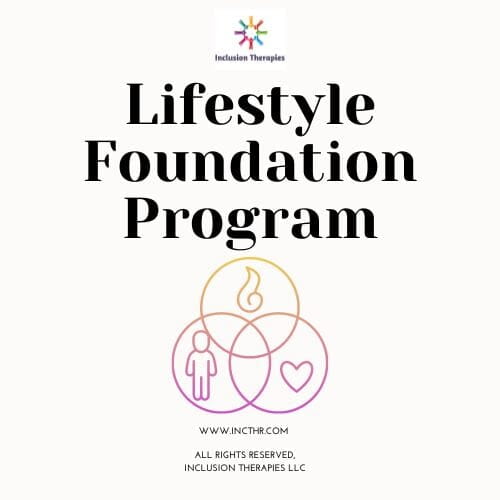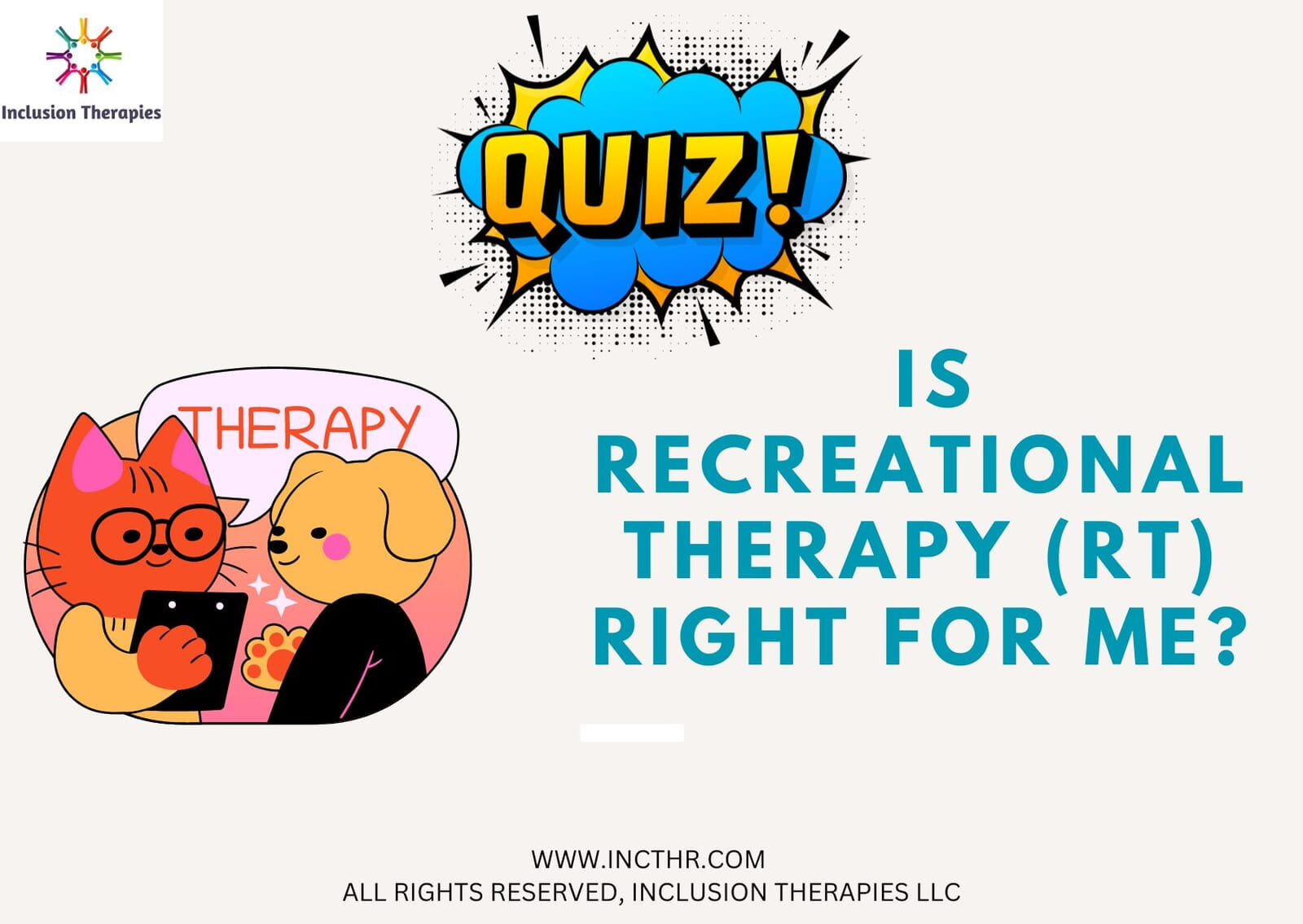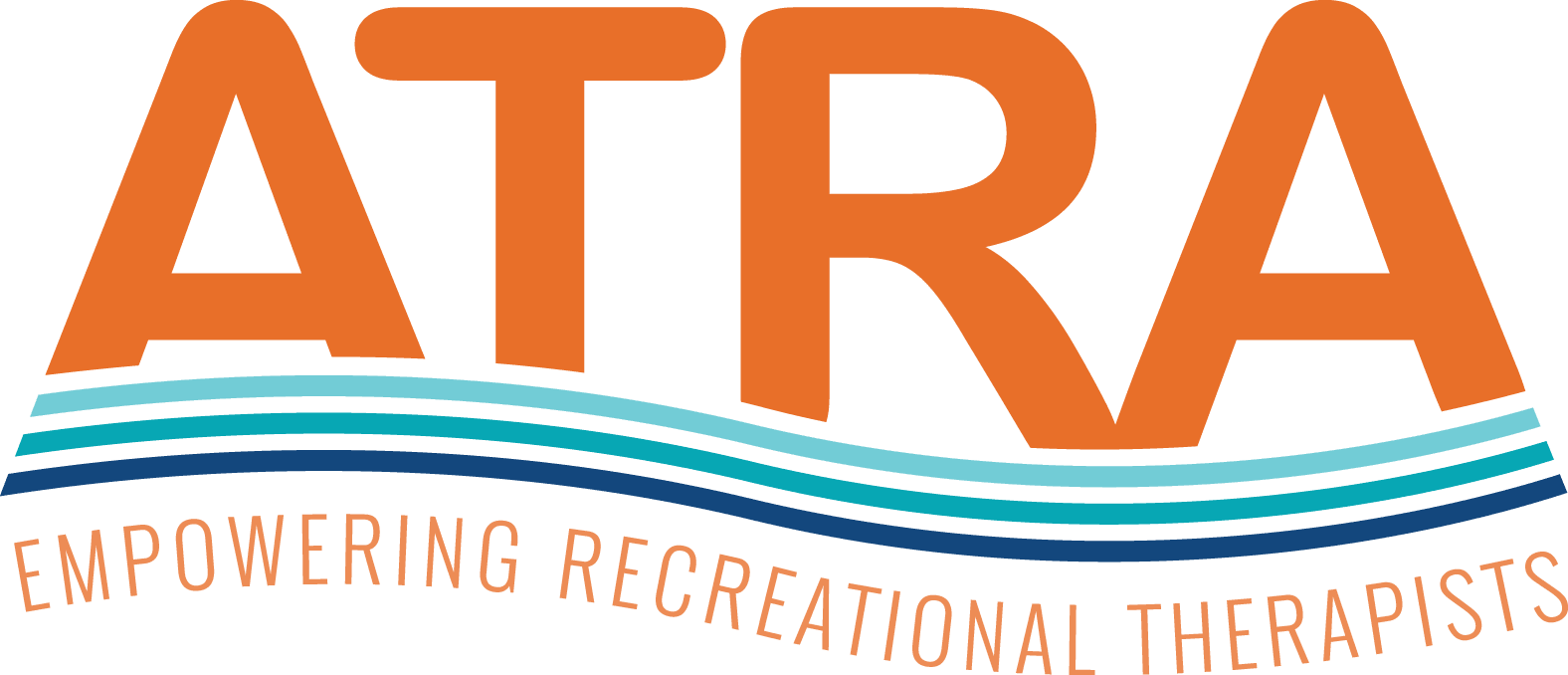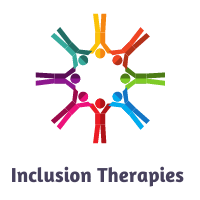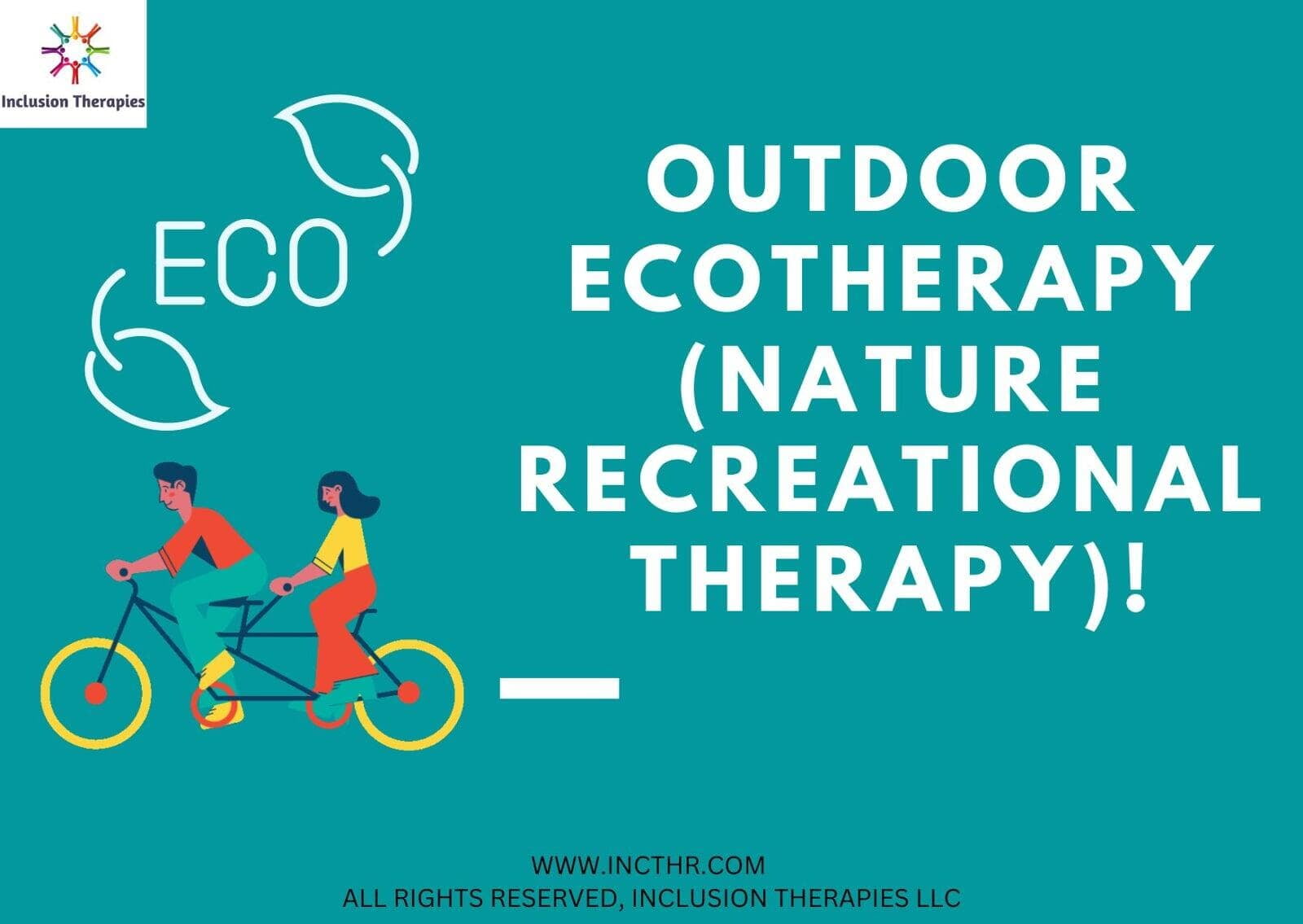
Treatment Activity
Ecotherapy(or Nature Recreational Therapy):
(or Nature Recreational Therapy):
To Start Nature Recreational Therapy:
1. Sign up for membership (which includes automatic enrollment in the Lifestyle Foundation Program).
2. In your first session Assessment, share with the Recreational Therapist that you enjoy nature as a therapy activity technique.
3. After your Assessment, you will schedule private and/or group nature recreational therapy sessions. We use a variety of locations including our Lake Travis Center and Mary Quinlan Park on Lake Austin.
FAQ: Ecotherapy (Nature Therapy)
All ages.
Pediatrics:
“Nature-deficit disorder,” a concept introduced by journalist and author Richard Louv in 2005, underscores the importance of access to green spaces. A growing number of studies indicate that exposure to nature benefits kids in different ways, such as by lowering stress and promoting better cognitive development."
- Gina Rich, The Washington Post, How a focus on nature is changing therapy for kids, October 12, 2021
Adults:
"Nature and Health Benefits for Older Adults
Older people benefit from engagement with outdoor environments in three main ways: participation in outdoor physical activity, better mental health and function, and social interaction with others. "
- THE BENEFITS OF NEARBY NATURE IN CITIES FOR OLDER ADULTS, KATHLEEN WOLF, PH.D.; ELIZABETH HOUSLEY, M.A.
"Psychological research is advancing our understanding of how time in nature can improve our mental health and sharpen our cognition[.] Spending time in nature is linked to both cognitive benefits and improvements in mood, mental health and emotional well-being."
- American Psychological Association. (2020, April 1). Nurtured by nature. Monitor on Psychology, 51 (3). https://www.apa.org/monitor/2020/04/nurtured-nature
- Ecotherapy involves doing activities outdoors in nature for the prevention, treatment and rehabilitation of health conditions.
View Educational Video from South Dakota Public Broadcasting:
Educational Video,
VA recreational therapy isn't confined to a hospital
about Recreational Therapy from the U.S. Department of Veterans Affairs:
"[N]ature may be able to combat stress and its effects.
For example, one study showed that exposure to nature can regulate the sympathetic nervous system in as little as five minutes. [...] This means that we can get an almost immediate benefit from stepping outside[.] And doing so on a recurrent basis may prevent cumulative effects from stress, which could mean a lower risk for chronic disease, illness and mortality.[...]
In addition to alleviating stress, [...] research indicates that exposure to nature can be an effective coping strategy for those with chronic mental health conditions, including depression, anxiety, post-traumatic stress disorder (PTSD) and attention-deficit/hyperactivity disorder (ADHD)."
- Inclusion Therapies provides Recreational Therapy (RT). Ecotherapy is a specialized treatment activity used in our RT practice.
- We integrate our Lake Travis center outdoor space for nature experiences including bird watching, gardening, walking, and other outdoor onsite activities. Clients and therapist team will follow safety policies and procedures (e.g., wear safe shoes, maintain hydration, etc.) and adhere to "leave no trace" practices. We also provide fishing.
- As part of the intake process, in collaboration with the therapist team, Ecotherapy activities relating to health care outcomes will be selected for the customized Treatment (or Wellness) Plan delivered in the Lifestyle Foundation Program. For example, someone who enjoys nature walks (and is living with generalized anxiety disorder) may engage in an outdoor walk during their therapy session.
Educational Video,
Recreational Therapy student incorporates nature into her studies
(from Temple University College of Public Health)
"There is growing evidence to suggest that exposure to natural environments can be associated with mental health benefits. Proximity to greenspace has been associated with lower levels of stress (Thompson et al., 2012) and reduced symptomology for depression and anxiety (Beyer et al., 2014), while interacting with nature can improve cognition for children with attention deficits (Taylor and Kuo, 2009) and individuals with depression (Berman et al., 2012)."
- Pearson David G., Craig Tony, The great outdoors? Exploring the mental health benefits of natural environments, Frontiers in Psychology, Vol 5, 2014 at https://www.frontiersin.org/articles/10.3389/fpsyg.2014.01178, DOI=10.3389/fpsyg.2014.01178, ISN 1664-1078.
"An under-appreciated service provided by ecosystems is strengthening childhood development through interaction with nature to enhance childhood cognitive and physical development.[...] Deprivation of these exposures to natural ecosystems can diminish a child's development and eventually their underlying quality of life."
- Summers JK, Vivian DN, Summers JT. The Role of Interaction with Nature in Childhood Development: An Under-Appreciated Ecosystem Service. Psychol Behav Sci. 2019 Nov 5;8(6):142-150. PMID: 32802912; PMCID: PMC7424505.
"Nature-based interventions, such as ecotherapy, are increasingly used as therapeutic solutions for people with common mental health problems."
- Hinde S, Bojke L, Coventry P. The Cost Effectiveness of Ecotherapy as a Healthcare Intervention, Separating the Wood from the Trees. Int J Environ Res Public Health. 2021 Nov 4;18(21):11599. doi: 10.3390/ijerph182111599. PMID: 34770112; PMCID: PMC8582680.
"We conclude that socially prescribed nature therapy can improve biopsychosocial wellbeing and is a potentially important intervention for mental illness."
- Thomas T, Aggar C, Baker J, Massey D, Thomas M, D'Appio D, Brymer E. Social prescribing of nature therapy for adults with mental illness living in the community: A scoping review of peer-reviewed international evidence. Front Psychol. 2022 Dec 6;13:1041675. doi: 10.3389/fpsyg.2022.1041675. PMID: 36562055; PMCID: PMC9765656.
"Natural ecosystems provide important services upon which humans depend. Unfortunately, some people tend to believe that these services are provided by nature for free; therefore, the services have little or no value. One nearly forgotten ecosystem service is ecotherapy – the ability of interaction with nature to enhance healing and growth. While we do not pay for this service, its loss can result in a cost to humans resulting in slower recovery times, greater distress and reduced well-being."
- Summers, J. K., & Vivian, D. N. (2018). Ecotherapy - A Forgotten Ecosystem Service: A Review. Frontiers in psychology, 9, 1389. https://doi.org/10.3389/fpsyg.2018.01389
- Add minor children under 18 for an additional $49 per month per child (to share one membership together).
- Add adults over 18 for an additional $99 per month per adult (to share one membership together).
All New Members are Enrolled in our Lifestyle Foundation Program
The program is 2-6 months (based on client goals and plan) and is paid via monthly membership subscription.
Members may pause or cancel membership subscription at any time
(cancellation effective at the conclusion of their current prepaid month).
"Health care extends beyond pills and medical devices."
- Baker, D. L., & Dye, C. (2017). Prescribing Experience: Discussion of Recreational Therapy as Health Care. Journal of Disability & Religion, 21(3), 296–318. https://doi.org/10.1080/23312521.2017.1326875
